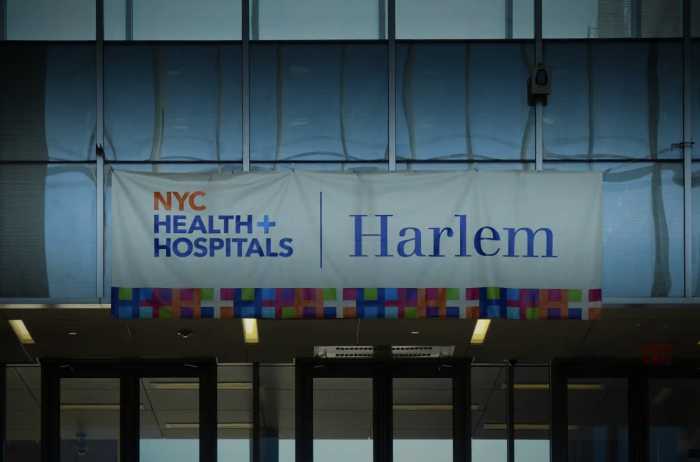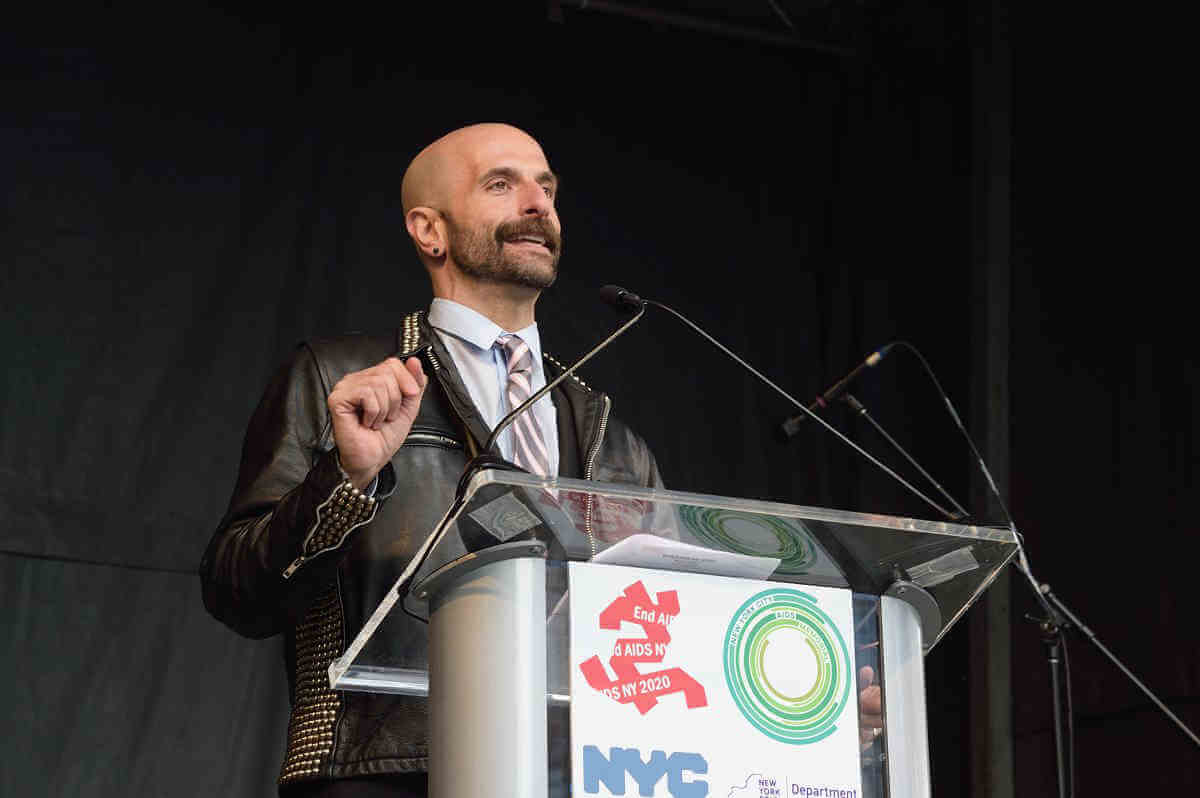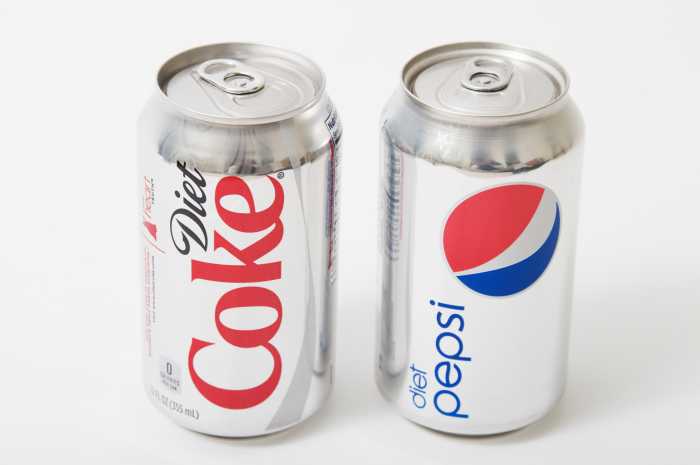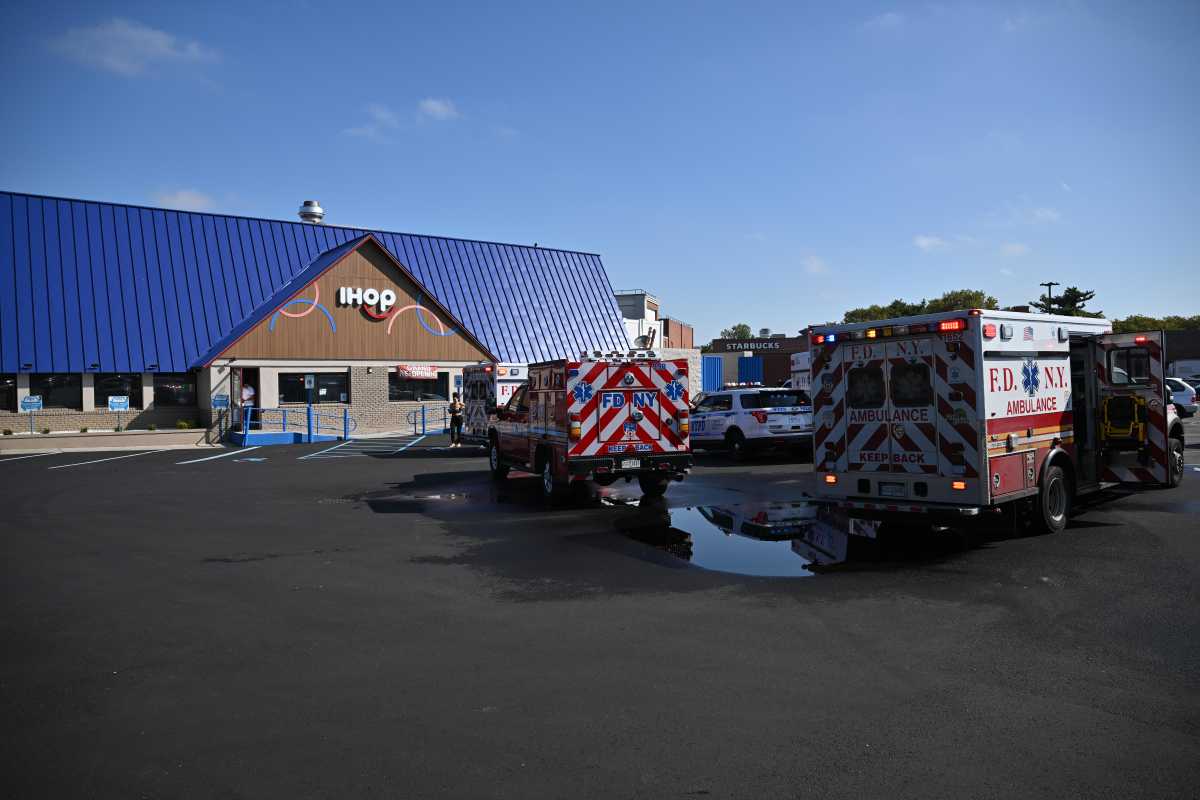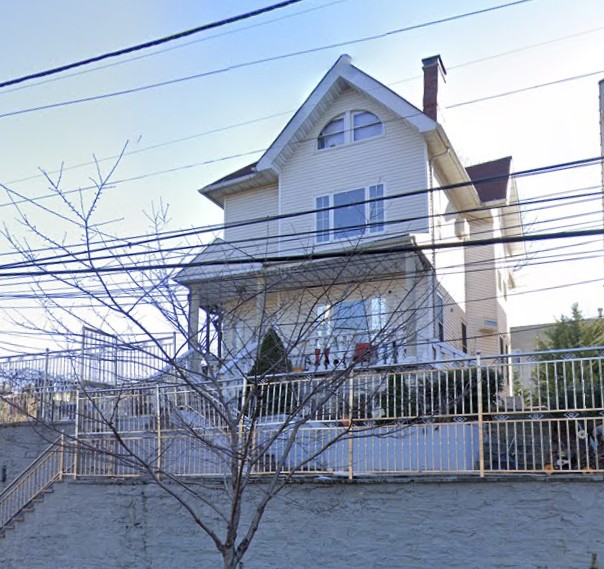
It’s not you: It’s winter.
This winter’s siege of frigid temps and frequent dumps of snow, plus often-icy roads and sidewalks at a time darkness descends early, have left lots of us feeling glum, even if we don’t have a clinical case of depression or Seasonal Affective Disorder (SAD) — depressive symptoms confined to a particular time of year.
Therapists often counsel depressed people not to isolate themselves, but mountains of snow and impenetrable thoroughfares make it difficult to go out and socialize, noted Lisa Brateman, an LCSW and psychotherapist in midtown . “The constant snow, the upheaval in people’s lives and schedules – there just doesn’t seem like there’s any end. It feels like the longest winter,” Brateman said. Many people, she said, have stopped accepting invitations, saying, “I’m not up to it: I don’t look good and I don’t feel good.”
It’s not surprising that many New Yorkers are reporting depressed moods when “the number of cloudy days correlates with the incidence of SAD,” as does living in the northern latitudes, said Dr. Prakash Masand, president and CEO of Global Medical Education. A study published in the American Journal of Preventive Medicine last year noted that mental health inquiries on Google coming from the U.S. are 14% higher in winter than summer.
Part of our seasonal sadness may be connected to missing Vitamin D, “the sunshine vitamin,” which is produced by the body absorbing the rays of the sun. While science hasn’t explored whether lower Vitamin D levels are connected to SAD, “There is a lot of literature confirming the relationship between (low levels of) Vitamin D and depression,” and Vitamin D deficiency is common, said Masand. Depression, in turn, “is a very important contributing factor to heart disease,” and increases the risk of death, said Masand.
New Yorkers need not surrender to the doldrums, though. Here are some ideas for beating the blahs:
Work out. “Exercise is a very good medication for depression,” said Masand. “Be active! Get out as much as you can!” he exhorted. Reframe the way you think about exercising in cold weather, Brateman added: “If you don’t have a child, you don’t think about going to the park and building a snowman,” but there’s no reason why you can’t do so with friends. That kills three birds with one snowball: You get exercise, Vitamin D AND you’re socializing with friends. Just be sure to bundle up well. If conditions don’t permit you to go outside, take a dance class, exercise to a DVD or hit the gym.
Lay off the booze. Schnapps may take the chill off, but alcohol is a mood intensifier. “If you are already feeling down, it will only make you feel more down,” said psychologist Jephtha Tausig-Edwards, who practices on the Upper West Side.
Consider “bright light therapy” if you have SAD. What you’re looking for is a “full spectrum light” box that emits at least 10,000 LUX, said Masand. You can buy such boxes for about $100 online and then sit in front of them for 30 to 60 minutes a day while working at your desk. The light, Marsand explained, mimics daylight and works through “your retinal receptors to affect key parts of the brain, like the hypothalamus.”
Take Vitamin D supplements. “There’s no harm,” in taking 2,000 international units of the stuff each day, said Masand. People who are deficient may be told to take doses 10 times that high, but if you suspect you are deficient you should ask your physician for a blood test. “Ask specifically for a Vitamin D level,” Masand suggested.
Nix the comfort food. People with SAD tend to crave carbs. But all that heavy food “puts on weight and it becomes a vicious cycle: “I’m five pounds heavier and now I’m unhappy about that, too,” said Brateman. Make a real effort to eat lots of fresh fruits and vegetables — even if you have to tromp through snow (exercise!) to get them.
Make an effort. Call and check on others. Throw a potluck. “It’s about not accepting, ‘I’m just going to be depressed until April,'” said Brateman.
Get outta town. “I often recommend to my patients, ‘take a vacation!'” said Masand. Of course, Masand acknowledged, given the snarls at local airports, “it may not be feasible.”




